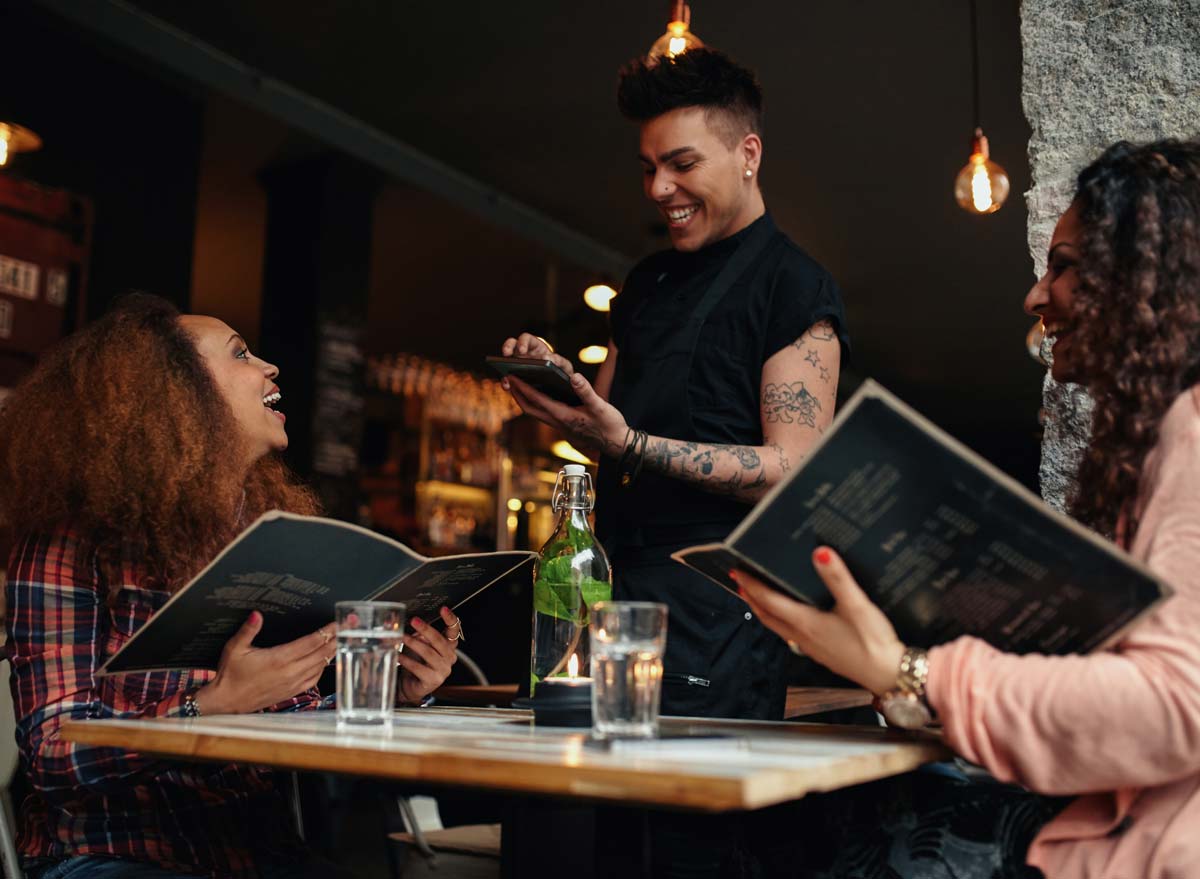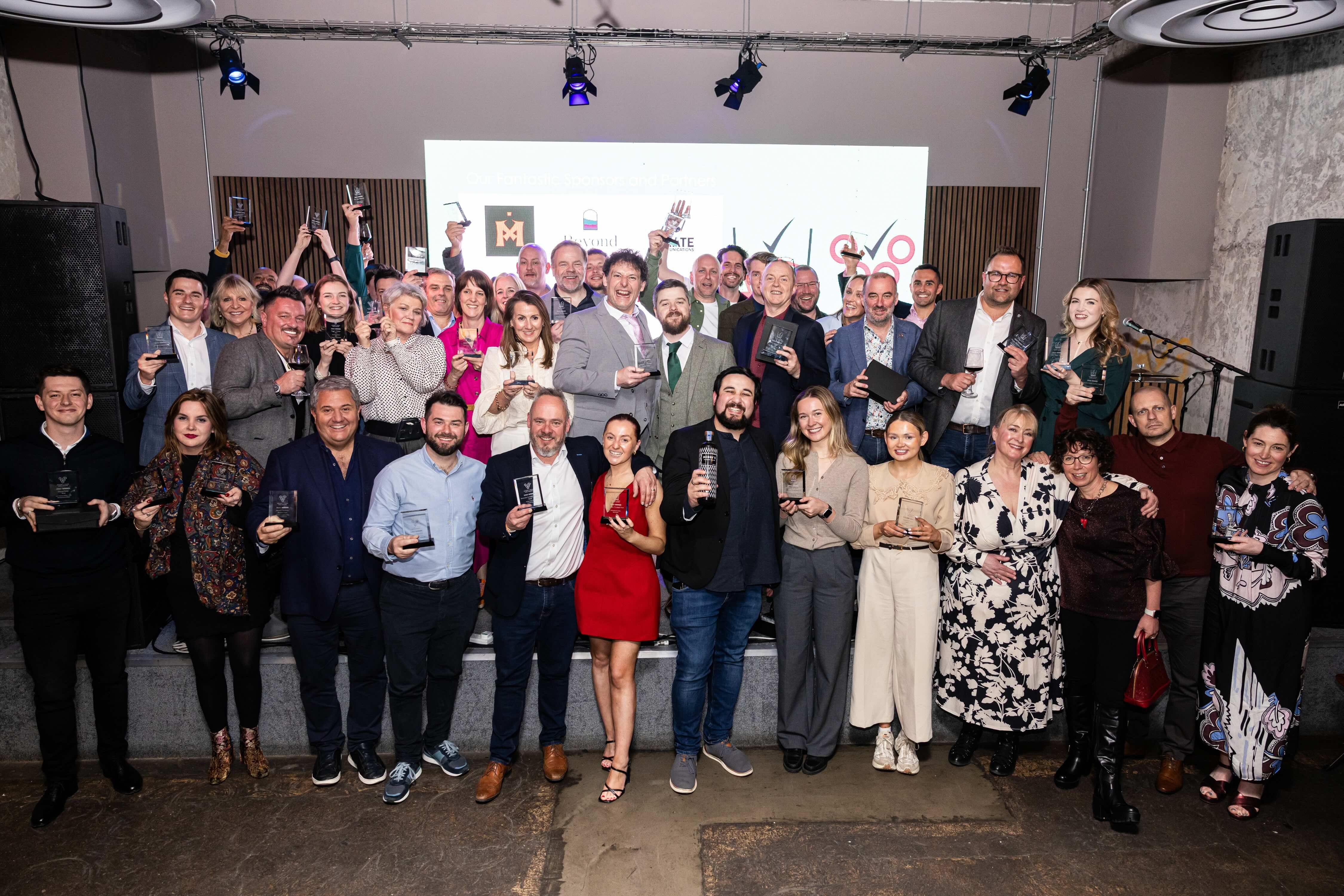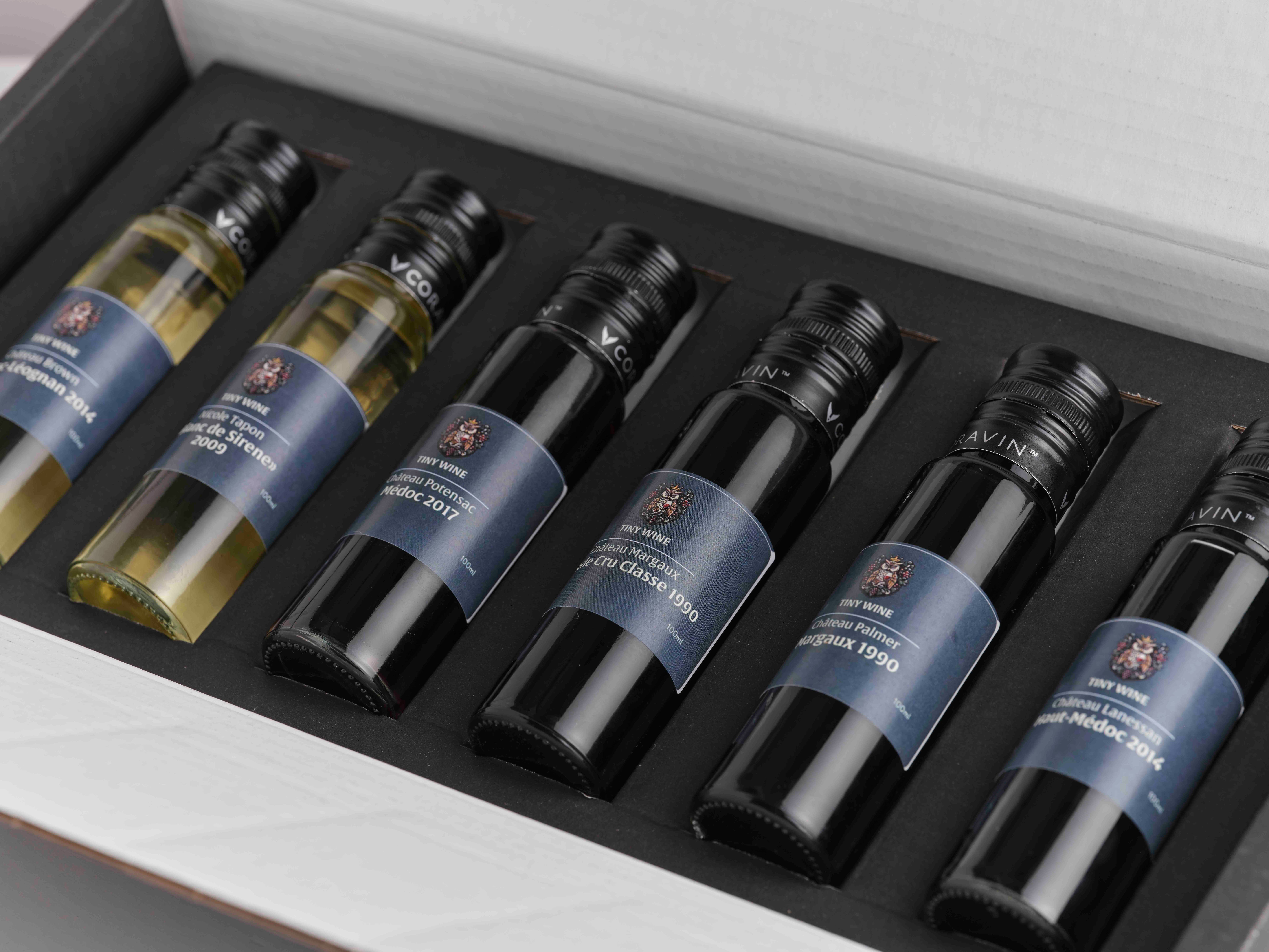Harry Crowther offers bespoke support to restaurants and their staff through his breakthrough Grain to Grape wine training programme designed to bring wine to life to members of staff that need more confidence when selling wine.
Back in the day I was lucky enough to be put through a gruelling recruitment phase for a reputable restaurant group. It armed me with a lot of wine knowledge. It also meant that I could talk the hind legs off of a donkey about the wine list.
The best thing knowledge can do for your team is breed confidence, and confidence sells by the bottle. If you have a top training schedule in place then I applaud you; it is paramount that the crew knows your specs, your provenance, your brand and your product.
Whilst this is all very important. It is even more important that the team knows your customers. Sure, we can deep dive and do some research and analysis into what type of consumer walks through your doors. We can even segment that depending on what region you are operating in. Top tip: drinkers in the North tend to over index on un-oaked Chardonnay. I recently published a piece with The Buyer that sheds light on how to understand your customers, and identify what type of demographic puts bums on seats at your venue. You can read that here.
Building rapport

Knowing to build a quick rapport with every table you serve is key to good customer service says Crowther
Having this broad understanding of your customer is key, but at the end of the day, it will be your team who really needs to know them. And building this rapport, is where opportunity for outstanding service, and profitability lies.
As a waiter, I was once asked to push a wine on the list that wasn’t really selling. This was back in the days of Parker point prominence. Plush, +14% ABV wines of rich opulence. But the wine in question was not that at all, and that’s something I failed to take into consideration after I was incentivised to sell the sh*t out of it on shift. I pushed the slow burner- a light-footed red- onto a table of five. It went down like a sack of… potatoes- they sent it back.
Why did this happen? Had I just lost my ability to sell? Had the sound of my own voice really gotten too much- impossible?!
As I replayed the scenario in my head after work I realised that my approach was all wrong. They knew what I was selling, I delivered a brilliant spiel, waxing lyrical about altitude and oak.
It didn’t matter.
I didn’t understand my customer.
And most importantly, they didn’t feel like I understood them, I just elbowed the slow burner into my pitch at the table.
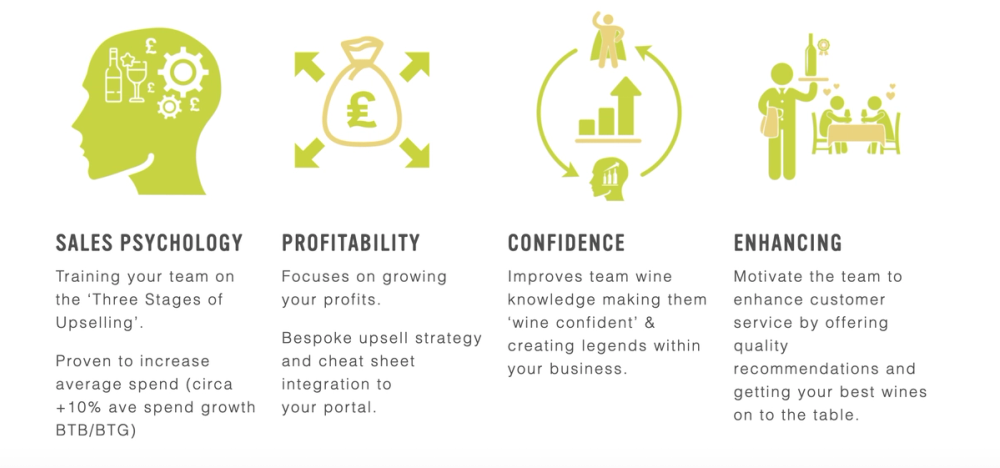
The different stages of Harry Crowther’s Grain to Grape training programme
Stop presenting, start listening
You might have all the knowledge in the world about product A. But if your guest wants product B then it’s not relevant. Teach your team to be good listeners. And how to be a listener? Ask questions, and listen to the answers.
It doesn’t have to be a challenging question, it doesn’t even have to be relevant to their meal, or their wine preference. The first step to upselling wine successfully is to make the customer feel like they are in a safe environment. Whilst your team might know the vine age of your new Tempranillo from Ribera del Duero, it’s not relevant to everyone who wants to order wine. If we start making assumptions like that, it can have an adverse effect on the guest. Just because I go to a sushi joint, it doesn’t mean I want to drink sake, or heaven forbid, Asahi.
The trusty problem solver
Asking questions, no matter how trivial, invokes an element of psychology. If you go to see a psychologist, they ask questions. Lawyers, councillors, the police, all ask questions. They are problem solvers, for the most part.
Create a team of problem solvers by encouraging them to ask lots of questions.
Project the problem solver trait to build trust. Recommendations are built on a foundation of trust.
Ask questions, moonlight as a problem solver, and you become a fulltime trustworthy legend, and that’s the business we are in, legendary service (and good wine).
Arm yourself with a team who can ask questions
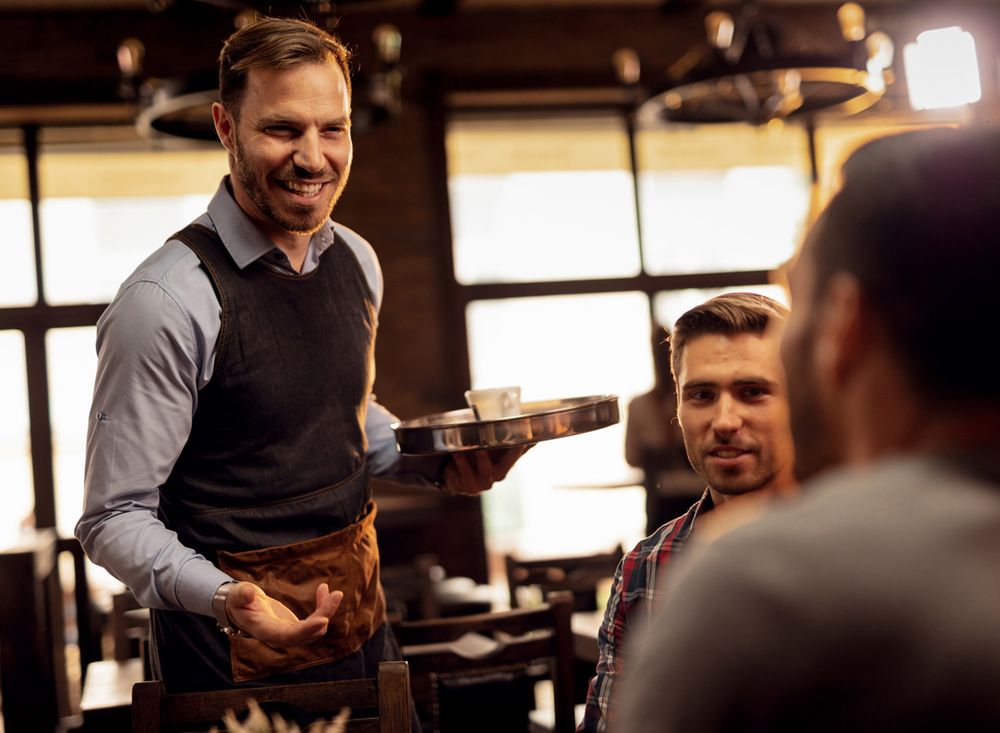
Listening to your customers will help you understand what they want rather than start selling them a wine you want to sell them
There’s no such thing as a bad question in my book, but the great questions come later. A simple inquiry into their day is the best place to start and it creates a sense of security. Security means comfort. When you’re comfy, you open up and talk about your preferences.
“What have you been up to today?”
“Have you come from far to visit us?”
“Do you like to drink wine from…?”
A comfortable guest will be opening up to your team in no time. Imagine what a great server could do with that information when it comes to the wine order.
A trust worthy problem solver has a much higher chance of offering choice and upselling than the aforementioned idiot who simply thrusts a cool-climate Pinot Noir onto an unsuspecting five top looking for a Napa Cab; reels off the merits of its 12 months ageing in second use wood and just expects them to say, “yes”.
If I’d have taken a bit more time to understand, asked a few questions, one of two things would have happened:
- I would have known right away that these guys are not interested in the slow burning Pinot and offered a wine more in line with their preferences.
OR (and more likely)
- I would have built a rapport, listened to what they have to say and created a sense of security. With that, anything would have been possible, even a slow burner.
Repetition is the key to retention, and you will hear me banging on about wine confidence over knowledge all day long. I don’t care how knowledgeable the team is, anybody can ask questions if we give them the confidence to do so, and at the end of the day, people buy from people.
- If you are interested in how to create a team of problem solvers who deliver Legendary wine service by asking great questions you can get in touch with Harry Crowther via email Cheers@graintogrape.co.uk, or by visiting his website: www.graintogrape.co.uk.
